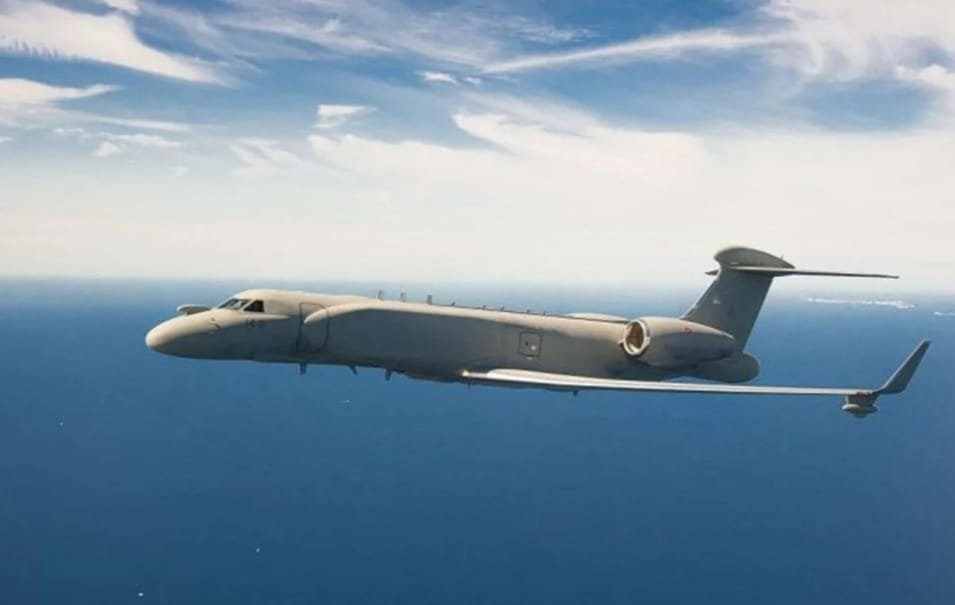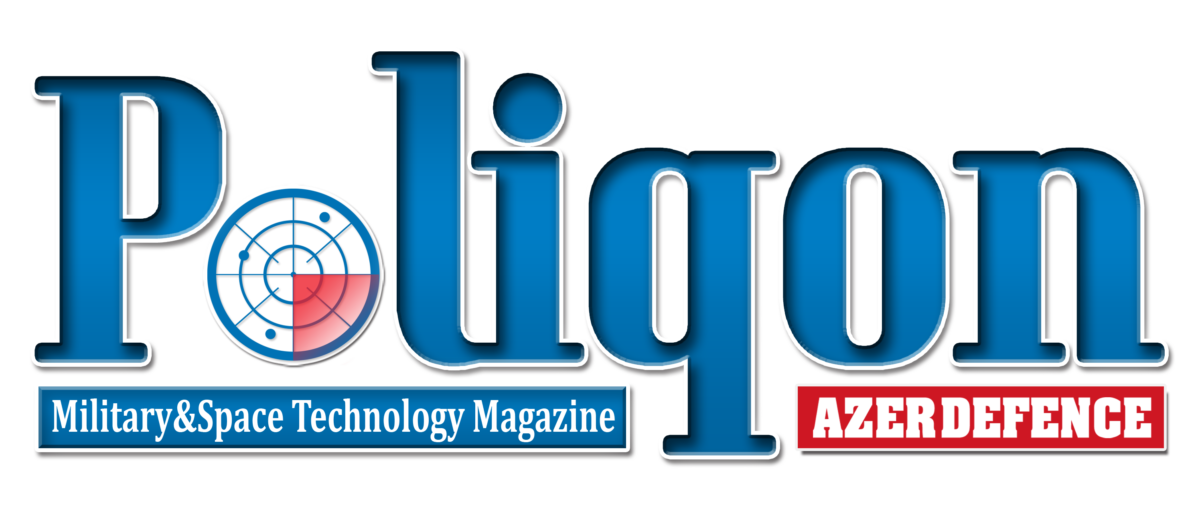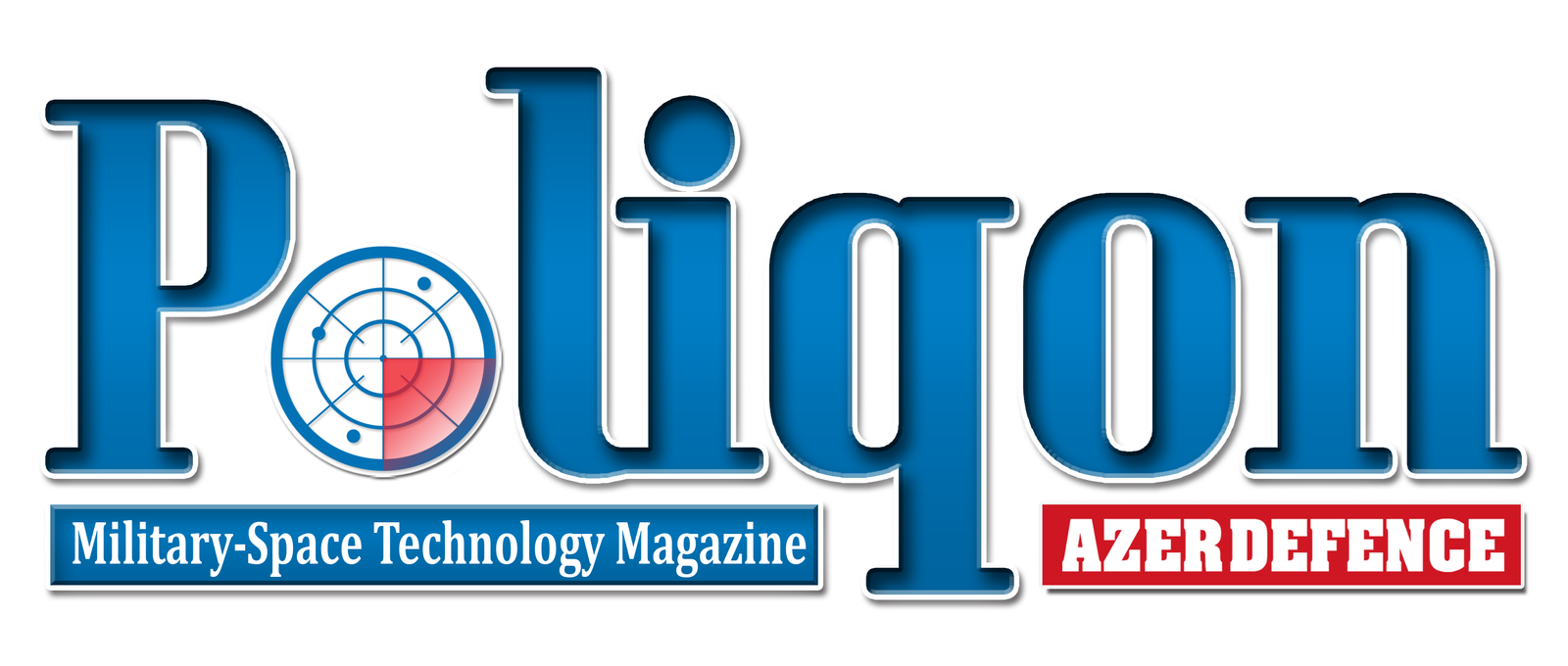
US DoD Approves EA-37B Radar Sale to Italy for Gulfstream G550 CAEW Conversion
On October 7, 2024, the U.S. Department of State approved a potential sale of an electronic attack mission system, known as the EA-37B, to Italy, valued at $680 million. This transaction, officially notified to the U.S. Congress by the Defense Security Cooperation Agency (DSCA), aims to strengthen Italy’s interoperability with U.S. air forces and enhance its capabilities for international contingency operations.
The EA-37B system includes various advanced technological components: networked collaborative targeting systems (NCCT), radio frequency receiver (RFR) subsystems, software-defined radios (SDR), as well as radar countermeasures and AN/ARC-210 radios. This equipment is complemented by KG-250 network encryption devices, secure communication equipment, and precision navigation systems, supported by accessories, spare parts, and consumables to ensure optimal operation.
The agreement also includes technical assistance provided by contractors and the U.S. government, with BAE Systems, based in Hudson, New Hampshire, as the primary partner. This technical support will enhance the integration of the system within Italian forces, without the need for U.S. personnel in Italy.
As part of its P-MMMS program (Piattaforma Multi-Missione, Multi-Sensore), Italy is modernizing its aerial capabilities by integrating versatile, interoperable platforms into a C4ISTAR architecture to equip its air force with advanced multi-domain detection and electronic jamming systems. Italy already operates two Gulfstream G550 CAEW (Conformal Airborne Early Warning) aircraft, strengthening its surveillance and early warning capabilities.
The requirements for new electromagnetic intelligence (SIGINT) aircraft were formalized in 2020 in the Documento Programmatico della Difesa. The first tranche, valued at €1.2 billion, includes the acquisition of two Full Mission Capable (FMC) aircraft and six Gulfstream G550 “green” aircraft configured as JAMMS or CAEW. The second tranche, worth €925 million, covers the modification of four of these aircraft for special missions.
In this current agreement, Italy has decided to convert two G550s into an electronic attack configuration to integrate the Compass Call system, currently redeveloped as the EC-37 by the U.S. Air Force. The acquisition process relies on a dual structure: a direct sale for the necessary components and a Foreign Military Sale (FMS) for the mission systems and ground control stations.
BAE Systems’ EA-37B, which will be installed on these two Gulfstream G550s, is an advanced electronic jamming platform designed to disrupt enemy communications, radars, and navigation systems, as well as to conduct counter-information missions and Suppression of Enemy Air Defenses (SEAD). This project positions Italy as a key player in intelligence gathering and electronic warfare within NATO, ensuring enhanced interoperability with allies. This acquisition underscores the growing strategic importance of electronic warfare for Italy and for NATO’s defense in modern conflicts.
The integration of BAE Systems’ EA-37B electronic jamming platforms into Italy’s Gulfstream G550 aircraft significantly enhances the nation’s defense capabilities amid evolving global threats. Modern adversaries increasingly leverage sophisticated communication systems, radar technologies, and navigation aids, making electronic warfare a critical component of contemporary military strategy. The EA-37B Compass Call system is engineered to disrupt and degrade enemy electronic infrastructures, effectively neutralizing threats before they can compromise Italian forces. This capability is especially vital for Suppression of Enemy Air Defenses (SEAD) missions and counter-information operations, enabling Italy to assert air superiority and safeguard its assets in contested environments.
This advancement also positions Italy as a pivotal contributor within NATO’s collective defense framework. The enhanced electronic warfare capabilities not only bolster Italy’s national security but also amplify the alliance’s overall operational effectiveness through improved interoperability. By seamlessly integrating with allied forces, Italy can participate more effectively in joint missions and collaboratively address emerging threats. The acquisition reflects Italy’s commitment to modernizing its military assets and adapting to the dynamic nature of warfare, where electronic and cyber domains are increasingly influential. This strategic investment enhances situational awareness, intelligence gathering, and operational readiness, thereby strengthening Italy’s defense posture in the face of current and future challenges.


